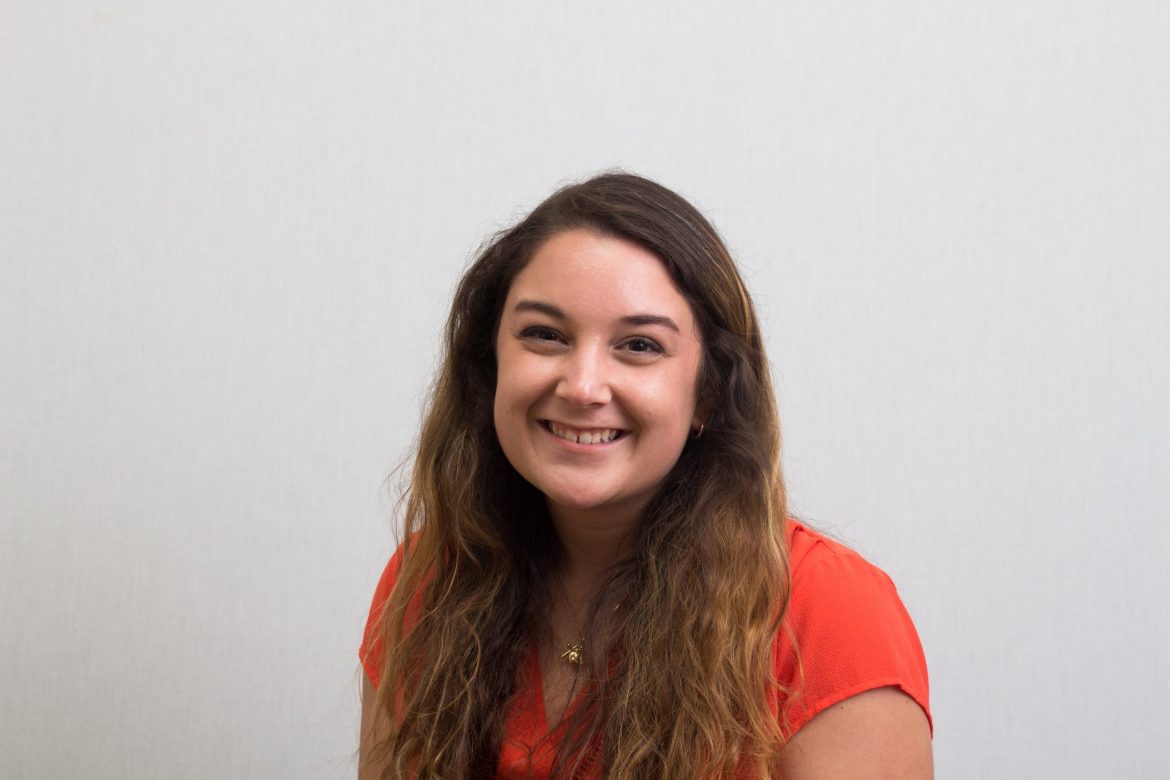Mrs. Cook was her name. She was my creative writing teacher in 12th grade. I remember walking into her classroom on the first day of school. She had a scarf wrapped up on her head — I did not think anything of it.
She began the class by informing us of her recent diagnosis with stage 3 breast cancer. She explained her days away when she would have to undergo chemotherapy and her weakened state afterward. She made light of the subject, cracking jokes and diverting from the subject as quickly as she raised it.
I was working for my high school’s newspaper at the time and had the honor of writing a feature story on Mrs. Cook, telling her story for Breast Cancer Awareness Month. I did not know her well, or any of her colleagues with whom I met to discuss the story, but each person I talked to was open, and their genuineness and vulnerability changed and enhanced my view of journalism.
I remember Mrs. Cook wiping away tears in my interview with her. No person whom I’d interviewed had ever gotten emotional before. She was talking about her children and how she would communicate the implications of her disease with them.
Her colleagues were brought to tears, too. One, Mrs. Scopas, told me the story of her family’s relationship with Mrs. Cook’s family. Her two daughters loved Mrs. Cook, and they wanted to help in any way they could. One day, Scopas walked into her home to find her two girls and several friends, all ages 10-12, baking cookies to sell around the neighborhood.
The girls loaded their baked goods into their small red wagon and toted it around their neighborhood, telling the story of their friend, Mrs. Cook. They donated the proceeds to Susan G. Komen Race for the Cure in her honor.
I also interviewed a school administrator, Ms. Thompson. Thompson had been close friends with Mrs. Cook for years, and she came across as a strong woman. I have only known her to smile, joke around or lay down the law. I was taken aback when she began to reach for the Kleenex in her interview, too.
This time spent interviewing and writing about Mrs. Cook showed me a gentle and important side of journalism. I learned that I loved having the opportunity to discuss life with other people, whether it is talking about an event, social and political issues, or someone’s deepest struggles and greatest joys.
I remember the day the paper came out. It was the day I first considered becoming a journalist. I was sad that my time interviewing and writing that story was over, and I remember feeling excited to see it in print. Perhaps what I remember most prominently was that at least several faculty members actually read the newspaper that day.
Best of all, Mrs. Cook said she brought the paper home for her family to read. As a writer, there is nothing more edifying than people reading and appreciating your work.
I have not talked to Mrs. Cook or the other faculty members since coming to college. I never did know her well, other than the glimpse into her life she shared with me during the interview period, but I know she is a strong woman whom I admire — a woman who most certainly touched more lives than she knows.
